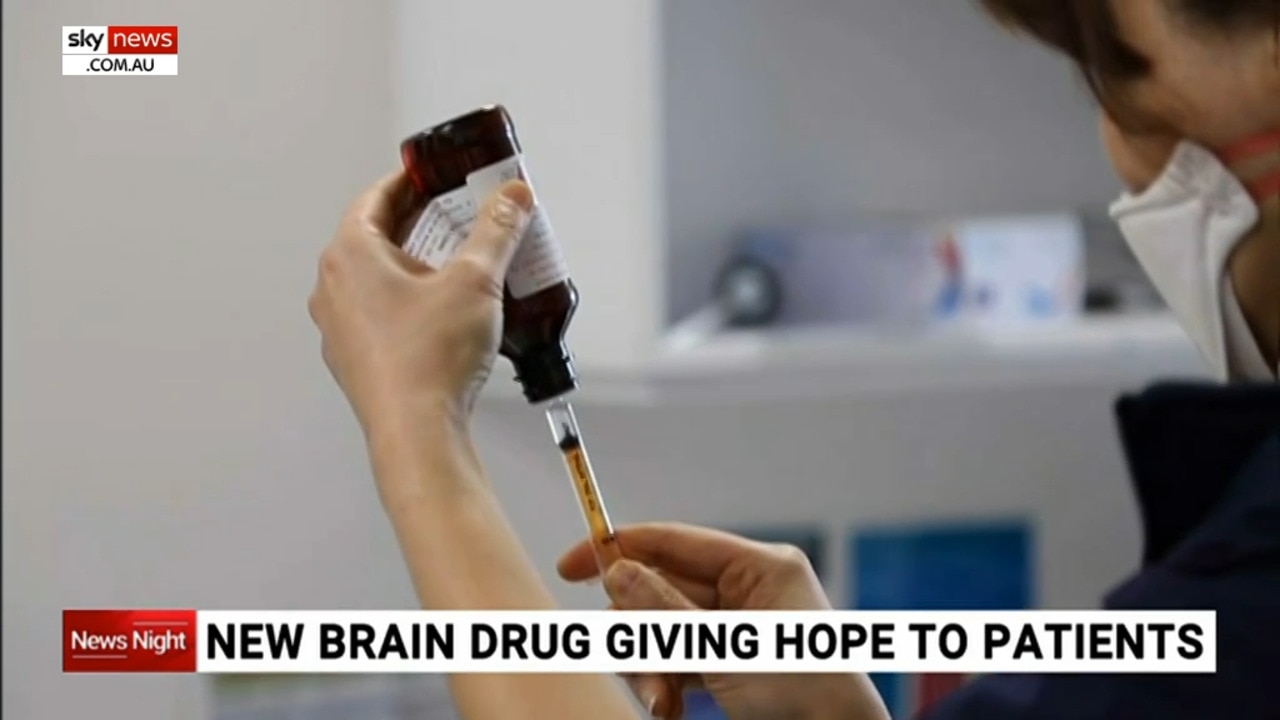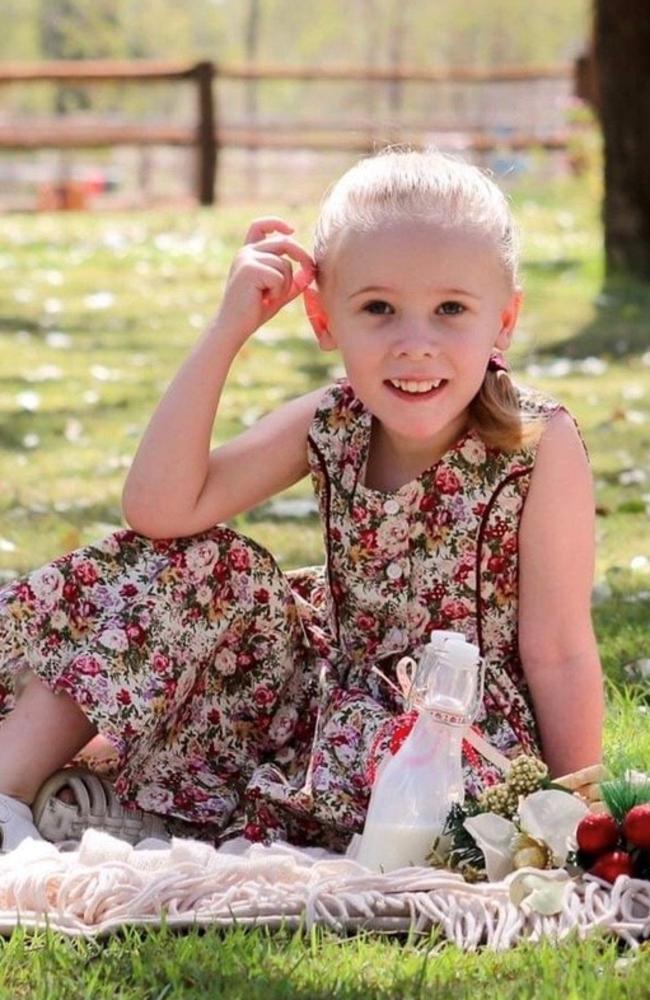In-depth genetic test offers new hope for public health kids
The most in-depth genetic testing will be offered to Queensland children to help identify diseases that have previously taken years to diagnose.

QLD News
Don't miss out on the headlines from QLD News. Followed categories will be added to My News.
THE most in-depth genetic testing will be offered to Queensland children to help identify diseases that have previously taken years to diagnose.
Queensland Health will now have whole genome sequencing available as a go-to for paediatric patients statewide who have a suspected genetic illness.
Within months patients of Genetic Health Queensland at Metro North’s Herston campus and newborns in the Royal Brisbane and Women’s Hospital Neonatal Intensive Care Unit, with suspected rare single gene conditions, will have a faster diagnosis and more targeted treatment.
The public health WGS test is due to a first-of-its kind partnership between Metro North Hospital and Health Service, Pathology Queensland and Illumina.
Eating disorders sparked in later life
Community doctor surgeries becoming unviable as Medicare funding falls behind inflation
More Queensland mums being sent home the same day they give birth
Genetic Health Queensland staff specialist Chirag Patel said the introduction of the testing would have wide-ranging improved patient outcomes.
“The application of genomic testing is transforming how we deliver healthcare, enabling precision care through earlier diagnosis and more targeted treatments. Nowhere has this impacted more significantly than in the area of paediatric rare disease diagnoses,” Dr Patel said.
Previously genetic tests have been sent interstate or overseas. There are more than 7000 rare diseases considered life-threatening or chronically-debilitating in Australia, affecting as many as two million Australians.

Kim Bowen knows first-hand the importance of readily available WGS testing after spending five years in the search for answers for her daughter Scarlett.
In April this year, Scarlett received her diagnosis of a rare disease known as SATB2 Associated Syndrome, which was made possible via WGS testing through Genetic Health Queensland, after previous tests had not returned a diagnosis.
“Having the WGS testing offered as a primary way to help kids in Queensland will be great, as time is so important when kids are little – so much can change in such a short period of time while you wait for answers,” Mrs Bowen said.
“Scarlett is just one of 20 people in Australia with this rare disease and while her diagnosis doesn’t change how we live, it explains things for people so we can make life easier for her. We’re now able to connect with other families who have a child with SATB2, giving us support and tips to help – it makes us feel as though we aren’t alone.”
Access to WGS testing is limited in Australia but the new partnership will expedite statewide adoption as well as making this kind of testing a viable option for many people who would not otherwise have access to it. WGS testing will be offered out of Metro North Hospital and Health Service for an initial 12 months, as a health technology assessment is undertaken to evaluate the clinical utility and economic benefit of WGS as a frontline diagnostic test.

